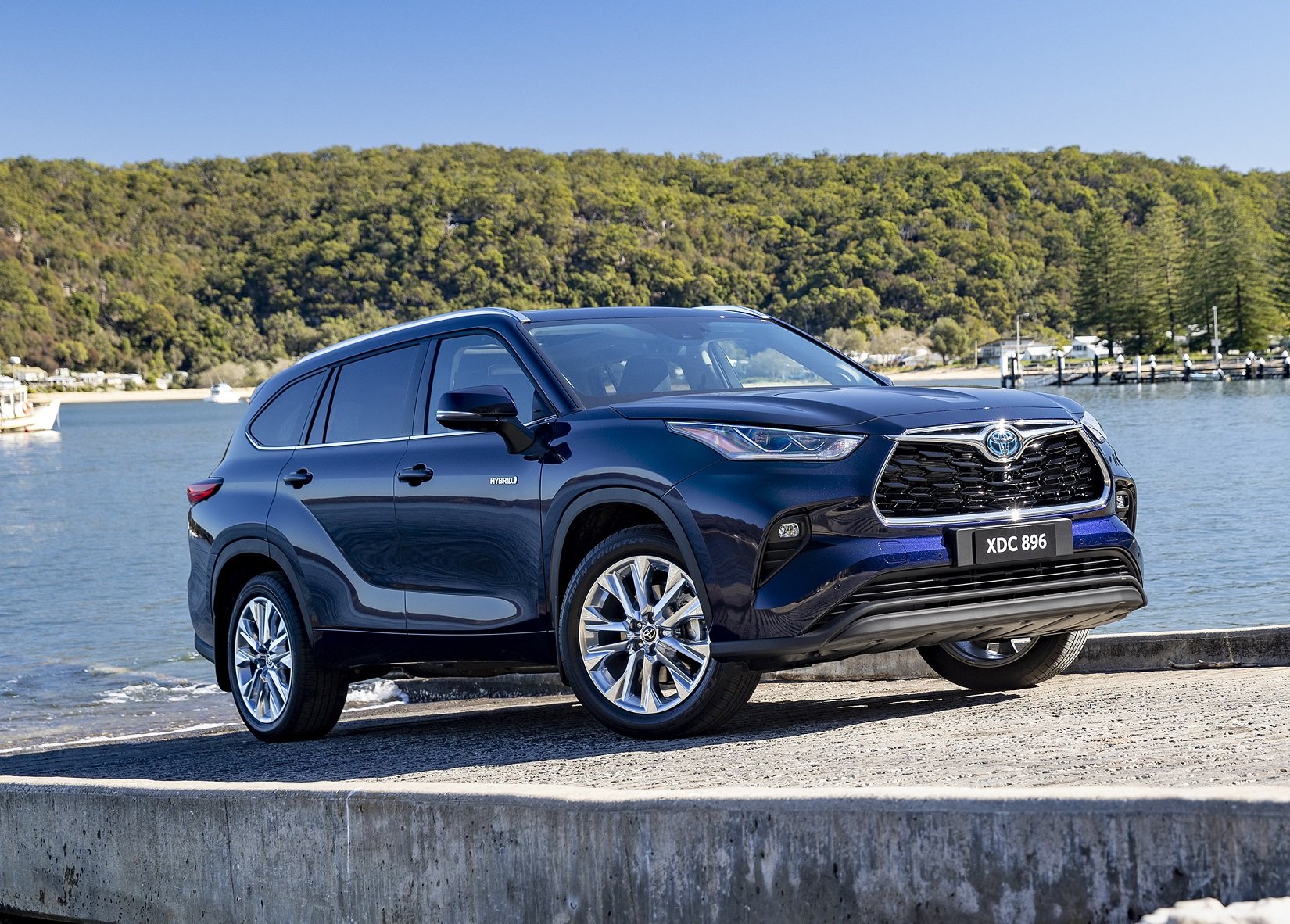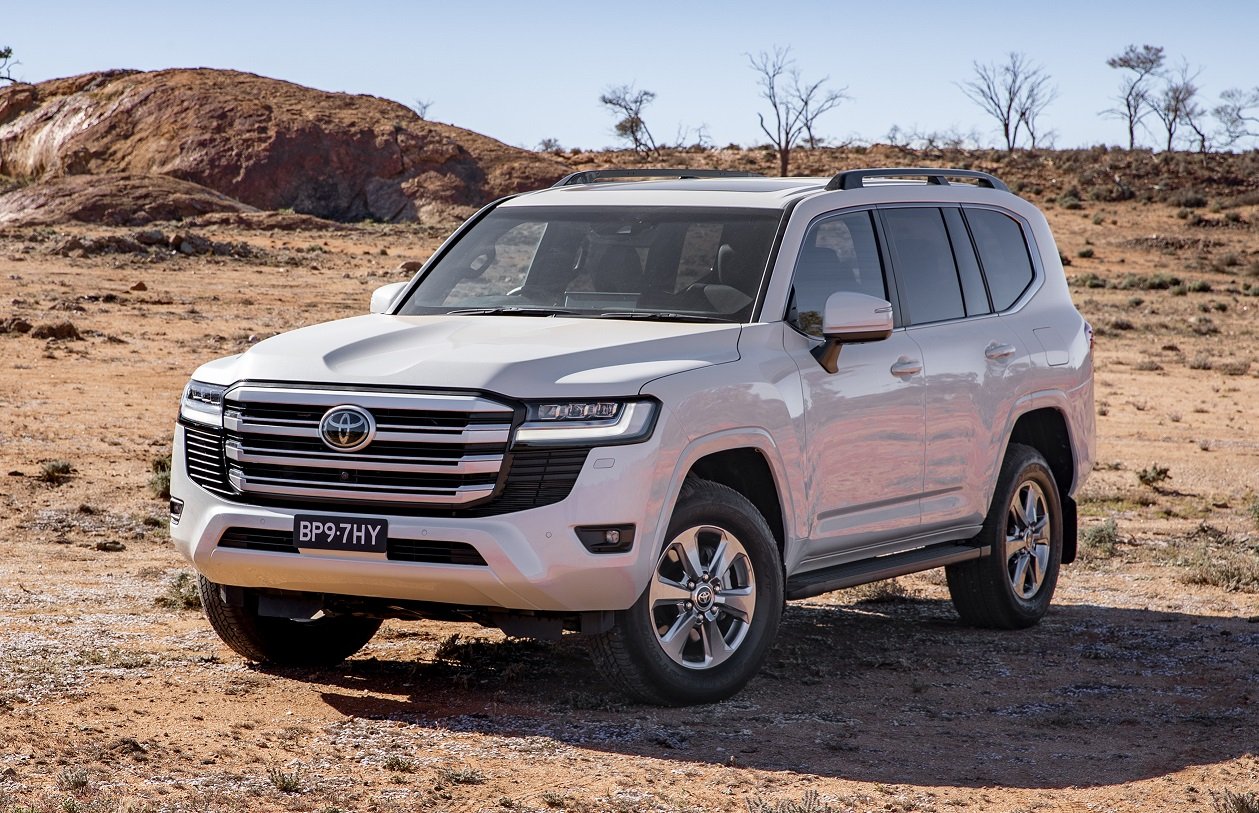This one servicing mistake can cost you thousands
It’s very tempting to let those services slide - especially if you don’t drive very much. But this short-term expediency can result in epic financial disaster. Here’s how
Driving? Need the audio-only version? Podcast below
This is a vlog-style report today. The ‘glamour’ of collecting a new BMW 750i xDrive - one of the world’s ultimate executive express type conveyances. (You get to experience both ends of the transport spectrum there, below…) I’m working on a full review of that car over the next few days - but I just wanted to touch base on an important car ownership topic that many people - mere mortals like us, on a budget - don’t get.
So this report is part ‘behind the scenes’ and part Q&A.
If you want to road-test cars for a living sooner or later you have to deal with the prospect of driving a car that’s, like, six average annual salaries worth. That’s a bit daunting. And then you have to cross the bridge of giving it back next week, which is kinda like being upgraded to business class, but then going back to economy.
But it strikes me that, to the dudes actually being conveyed in cars such as this, it’s less of a big deal to them than your car probably is to you - in proportion to your wealth and spending capacity. What I mean is that, for you and me, spending $30k, $40k, $50k, even $60k on a car is a much bigger deal than some CEO making the repayments on the big, fat Bimmer.
Together with some recent correspondence from readers/viewers it made me think about protecting this investment you’ve made in your mobility for the next few years - and are you taking it seriously enough?
Ignorance is definitely not bliss
“I bought a Hyundai i30 SR from brand new a year ago, on your recommendation which I am very happy with. As yet have not reached the 15,000kms, so I have not had the service, does that matter? And do I need to go to the dealer to have it serviced? or can I go to my local mechanic? I would appreciate your advice.” - Maria
Pretty succinct answer here: It’s the time or the distance - whichever occurs first. You cannot get to the time and justify delaying the service because you’re not at the distance yet, because the system simply does not work this way. (If you do, you’ll jeopardise your warranty - more on that below.)
Local mechanic or dealer is fine - but there are some caveats on this, which I outline in some detail the video above. Basically the local guy will be cheaper, but you need to get the servicing done on time, and all the jobs specified for the particular service need to be done. However, you don’t need to use ‘genuine’ parts - you can use aftermarket or third-party parts, as long as they are fit for purpose. (So, for example a quality aftermarket oil or air filter is fine.)
Here’s what can go wrong
“Regrettably, my 2015 Captiva has a (potentially) blown turbo. I am taking it to Holden next week for it to be assessed. Luckily my car is still under warranty. Will my turbo be replaced under warranty?” - Name withheld
I’m not going to use the guy’s name here, because I don’t want to embarrass him or affect the drama playing out at the dealership. I really don’t want to humiliate him - I want to oxygenate this issue because it might be rather nice if you don’t let this happen to you.
In response to him, I explained by e-mail that warranty covers manufacturing defects and premature failures.
So, if you have your car serviced on time and you don’t abuse it, these kinds of defects are almost certain to be covered under warranty. If you don’t get it serviced properly then they’re standing on a pretty strong foundation when they tell you the repair bill is going to be your problem.
Service history matters
So I asked our hero about the service history - and the response I got made me feel a little like Neo, taking the red pill.
“I got the car regularly serviced at the kms but not in line with the months. For example, when it was due for the 75,000km/45-month service, it was serviced at 76,500km/50 months. Would that be a risk to a warranty claim? The car had never been abused just driven as a family car.” - Name withheld
It’s the time or the distance - whichever comes first. That’s absolutely clear in all the documentation. ‘I didn’t know’ is not a defence. Most modern cars have a service indicator - a message pops up and says ‘service due now’.
There’s absolutely no ambiguity about what that means.
A massive five months late on the time. Jesus. Five months… (That’s owner abuse, even if you drive like Liz Regina’s in the back, every day.)
So this is the bit where I explain to the punter that bracing for significant financial impact seems prudent. If you’re ever in this position I wouldn’t mention the service history - but it’s gunna take a miracle of Biblical proportion for them to overlook that.
Anatomy of owner abuse
You simply must get services done on time - meaning time or distance - whichever occurs first - otherwise it does constitute owner abuse. The average car in Australia drives just under 15,000 kilometres a year, and that means about half of all cars subject to 12-month/15,000-kilometre service intervals are going to have the time come up before the distance.
The other thing to realise is that the time component is not a rip-off. If you don’t drive that much, this is hell on earth for engine oil. Lots of impurities get into your oil, thanks to not very much full-temperature operation between each cold start. This is very bad for your engine. It’s why they engineer in a time component in the first place.
And you can’t negotiate this away, no matter how clever an orator you are. It’s not a debate. Servicing is a black and white obligation.
If you fail to meet these obligations and you’re looking at a massive bill, about all you can do is think about getting a decent independent mechanic to do the repairs, because that’s gunna be thousands of dollars cheaper than a dealership, and you could also think about fitting a quality, aftermarket turbo for the same reason.
Debate club -Vs- reality
And then this dialogue with our hero continued, via the Twilight Zone:
“Hopefully they will be kind and look favourably on me. Very expensive lesson to learn. I do have one more question. I checked the service book on what is completed in the service. It does not specify it checks the turbo. So why would not servicing exactly on time would void the warranty? I assume the the turbo is a manufacturing fault. Hence covered by Holden.” - Name withheld
The apocryphal drowning guy, clutching at straws. This is that. It’s gunna be a frugal Christmas, I’m sensing. If you’re falling back on the slim hope of getting saved by kindness and favour in the service department, that’s pretty much Black Hawk Down in Mogadishu. All over again. Quite bleak.
In this situation you don’t emerge from the helicopter and negotiate. Look: we’re the good guys here. And those bullets of yours: Show me the bit in the manual where it says: ‘OK to fire at gearbox oil lines.’ I therefore demand that you put this fine Sikorsky back up in the sky right now.
You mainly don’t say that because the other team would be shooting at you, but also because it would be absurd. This is that.
There’s a direct causal link between overdue services and turbo failure. Turbos are lubricated by engine oil. Overdue services degrade engine oil. Turbos are very demanding components that rotate at tens of thousands of rpm, at extremely high temperature. Degraded oil fails to protect the bearings. The turbo fails. Causality. Kerrr-ching...
It’s really that simple.
There are no serviceable components in a turbo, and hence there is no need for turbo inspection during services. There’s no crankshaft inspection, either, for the same reason. This is actually a very well thought out, straightforward system. You can’t uncover a fatal flaw in the logic by desperately researching the service manual, seeking for a way to frame the debate favourably.
The other thing you really have to realise here is that there won’t be forensic investigation into the ‘why’ of the turbo failure. They’ll identify the failure, the extent of the problem and the parts that need replacing. That’s it.
Turbos should not fail in service on vehicles that are under warranty and properly serviced. So, if they do and you are in that position, good service history, that’s good for you. Repairs will be at their cost. If you’re five months overdue - that’s unwinnable.
Of course, the turbo might have failed because of a manufacturing defect - or because Captiva is an unreliable shitheap - but how could you hope to prove this? That’s going to be impossible.
Conclusion
I get that servicing is a grudge purchase. It’s not like spending up on a weekend away, or a night out - dinner and a show, new handbag, whatever. All you get back is a hit on your credit card and exactly the same car you were driving this morning.
It’s hardly as if the Tactical Servicing Police are going to kick down your door, read you your rights and lead you off in handcuffs for all the neighbours to see, if you roll those services for a few months.
But it does open the door to disaster. So I wouldn’t look at it like that if I were you. I’d look at it like this: Servicing is insurance - insurance against footing the bill for five figures in repairs. (Which is what it’s gunna be if you have an engine or transmission failure and the service history is crap.)
And the only people for whom five figure spends are trivial - they’re driving around in brand new 7-Series BMWs (and not just for a week like I did). Buying their kids Birkin bags and Rolex watches. Theirs is a different world than ours.
You know those two espresso coffees you have every day, five days a week, which you don’t think about, because it’s a trivial expense? A good way to escape from the office, perhaps. Over the course of a year, that’s costing you significantly more than you pay for that one annual service.
It makes you think about spending priorities.
If you liked this report, you can support the website securely and directly, via Paypal >>
You can also subscribe to my YouTube channel for regular video updates.






















The GWM Cannon Alpha plug-in hybrid is the ute catching every other ute brand napping in the Australian market. It’s innovative, full of clever design and has bucketloads of grunt for towing, load-carrying, touring and off-roading. It’ll leave a turbo-diesel Hilux for dead, and leave you with change, unlike Ford Ranger.